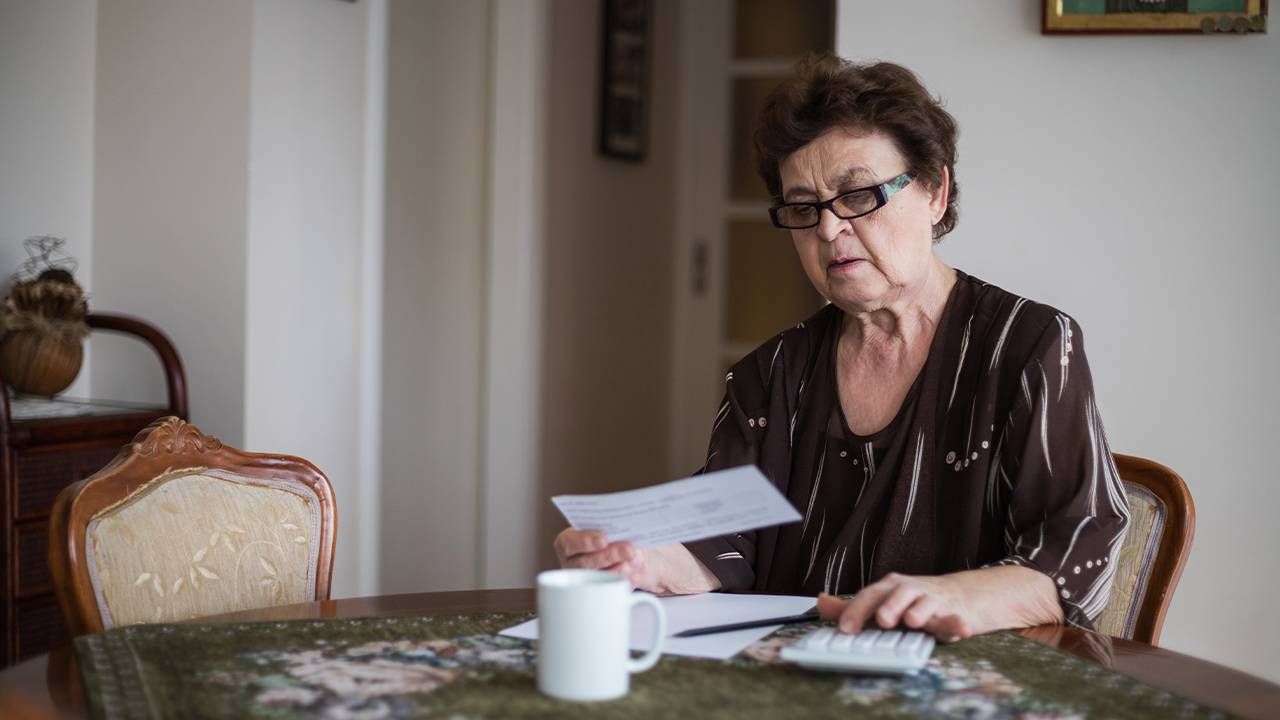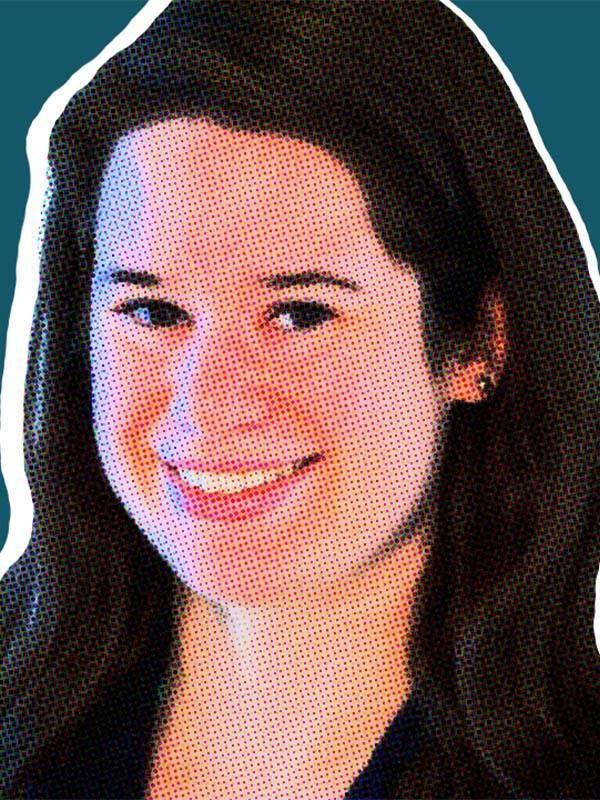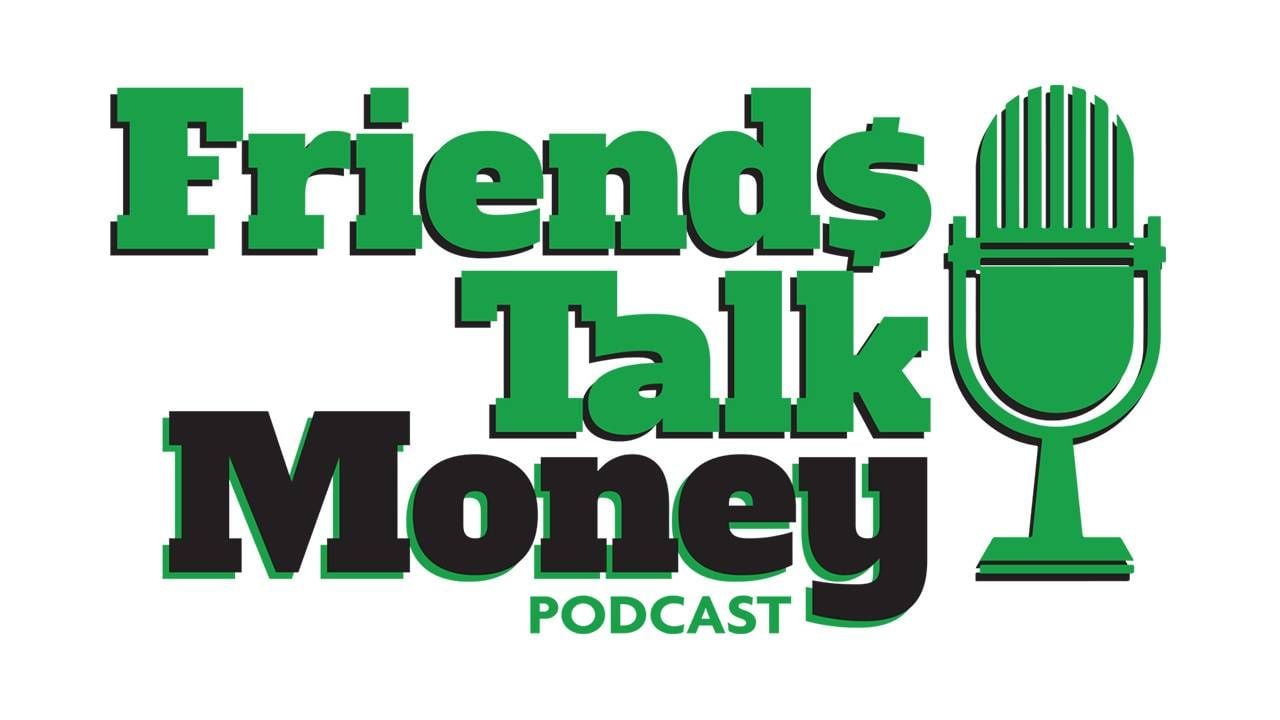Where Are the Personal Advice Apps for People Who Really Need Them?
The "Friends Talk Money" podcast hosts on the need for these apps and how they'd work
Remember the line "There's an app for that!" Steve Jobs used to say? Well, that doesn't seem to be the case when it comes to personal finance advisory apps for people over 50, especially for low- and moderate-income older adults.

That's my takeaway from the recent report by the nonprofit Financial Health Network, "Designing Digital Financial Advisory Tools for Low- to Moderate-Income Older Adults." And it's what my "Friends Talk Money" podcast co-hosts Terry Savage, Pam Krueger and I batted around on our latest episode (you can download it wherever you get podcasts or listen at the end of this article).
"Very few [digital financial advisory] tools currently cater specifically to the financial needs or experiences of low- to moderate-income older adults."
This report is a follow-up to the Financial Health Network's earlier one that Next Avenue wrote about, on how personal finance apps are generally failing to serve low- and moderate-income older adults.
The Lack of Holistic Money Apps
Managing your money wisely means organizing your finances, being smart about spending and debt and investing wisely. And there are plenty of personal finance apps and robo-advisers (automated investing apps) to help you do those.
But there's another element to money management — what nationally syndicated personal finance columnist Savage calls "getting help knowing what you don't know." That, she said, includes things like: How do I sign up for Medicare? When should I start claiming Social Security? How much can I afford to withdraw from my savings in retirement?
And that advisory part — for short-term and long-term planning needs — says Financial Health Network director of behavioral economics Heidi Johnson (a Next Avenue Influencer in Aging), is where the app world is lacking.
"Older adults are thinking about retirement. They want security knowing that they're going to have income that lasts. But they're also grappling with things like building up short-term savings or managing debt," she told our "Friends Talk Money" audience. "And that's where a lot of these fintech apps can potentially be meeting them." (Fintech means personal finance tech apps.)
But, her report says, "very few [digital financial advisory] tools currently cater specifically to the financial needs or experiences of low- to moderate-income older adults" and most money apps "do not connect multiple components of one's financial health on a single platform. Rather, many target specific needs, leaving users on their own to connect facets of their financial lives for current and evolving circumstances."
Why aren't financial services firms doing more to offer such apps and help users prioritize aspects of their financial health?
"Don't get me started on the financial services industry," Krueger, co-host of MoneyTrack on public television and founder of Wealthramp.com, said on the "Friends Talk Money" podcast.
What Older Low- and Moderate-Income Adults Said

For its new report, the Financial Health Network surveyed 40 people between age 50 and 64 with household incomes under $82,000, to learn about their financial barriers and preferences for financial advice. Then, it created a prototype of a digital financial advising tool based on the feedback, to help fintech makers design their money apps. (You can watch a video of the prototype at FinHealthNetwork.org.)
One thing the researchers heard loud and clear: the sense that financial advisers don't want to work with low- and moderate-income people because they aren't profitable for them. "It was kind of a pervasive thing we heard in these interviews," Johnson said.
Yet these are exactly the types of people who could use financial advice.
According to the Financial Health Network, only about 17% of low- and moderate-income adults 50 and older in the U.S. are financially healthy. That's about half the rate as for the general population, Johnson said.
Savage noted that more than 35% of people receiving Social Security depend on its benefits for 90% of their retirement income. "They really need overall financial planning," she said.
Meantime, AARP Foundation President Lisa Marsh Ryerson told me, people over 50 are using technology is growing numbers and feeling increasingly comfortable with it. (The AARP Foundation has a fintech resource site with free tools to build financial resilience among older adults and grow their digital confidence.)
How a Money Advisory App Could Work Best
A recent AARP report noted that 53% of 50+ adults with smartphones use the devices for financial transactions, up from 37% in 2019, and 65% of those age 50 to 59 do. The inability to walk into financial institutions during the pandemic unquestionably explains part of this.
The ideal, holistic personal finance advisory app for older low- and moderate-income adults, Johnson said, would combine digital and human help. There could be an AI chatbot asking the user questions as well as the opportunity to talk to a human for personalized advice.
"It was important for us to think about ways for this kind of product to be flexible so that people could select the level of cost that would meet their needs."
"Low- and moderate-income older adults are more comfortable with chatbots that support and augment human interactions, rather than replace them," the Financial Health Network report said.
"It was important for us to think about ways for this kind of product to be flexible so that people could select the level of cost that would meet their needs," she noted. "So, I imagine it could be priced based on the number of interactions with a human adviser. And then, if you are able to build out that digital set of tools to be as complete as possible, that can be ultimately available at a pretty low cost."
The personal finance app Albert, is a good example, said Johnson. It has a team of experts who answer questions users send via text. You tell Albert what you think is fair to pay for its service; $4 a month is the minimum amount the company says it can reasonably operate Albert, and most customers decide to pay more.

A few others my "Friends Talk Money" co-hosts and I mentioned: retirement planning apps Silvur and Retirable and the financial planning app Personal Capital.
Some Progress in the Works
There does seem to be a little movement in the financial services business to provide technology offering money advice.
A recent Investment News column by Nicole Casperson said "Fintech giants like Envestment are striving to provide the technology needed to facilitate this new era of financial advice and wealth management — one in which everyone has personalized user experiences accessible from a smartphone." Envestment, Casperson noted, added $30 million to its operating expenses this year to help do this.
Many of the people the Financial Health Network spoke with were more willing to learn about, and engage with, a new digital financial tool when it was supported by a "recognized, familiar, and accessible financial institution or organization, such as a local financial institution or nonprofit," the group's report said.
Ryerson told me she thinks everyone should have access to reliable financial advisory tools to meet their needs. Seems right.


